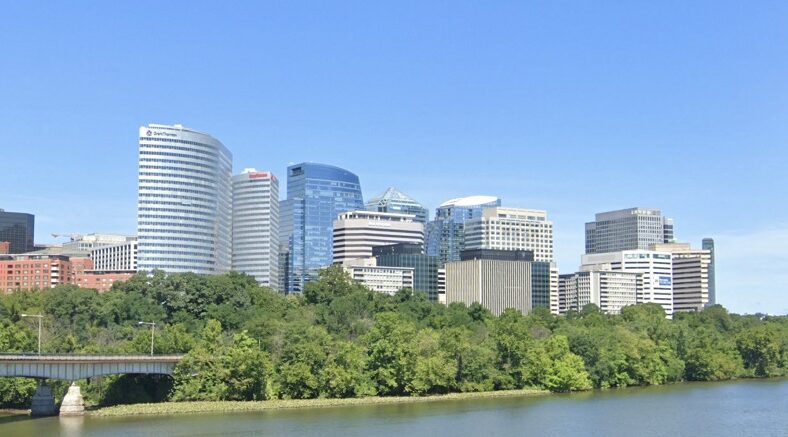
The American College of Sports Medicine (ACSM) and Elevance Health Foundation (formerly Anthem Foundation) released their 2022 Fitness Index Rankings, with the top spot going to Arlington, Virginia, for the fifth year in a row
The ACSM/Elevance Fitness Index used 34 evidence-based indicators to evaluate America’s 100 largest cities, declaring Arlington the fittest city. They studied factors grouped into categories such as health behavior, health outcomes, built environment, recreation facilities, and policy and funding. Arlington was the fittest city in six indicators and scored among the top 10 cities in 19 of 34 categories. It ranked number 1 in both the personal health and community/environment sub-scores. All cities can be compared to Arlington by using the City Comparison Tool. The overall top five cities were Arlington, Madison, Minneapolis, Washington, D.C., and Seattle.
Stella Volpe, Ph.D, R.D.N., ACSM-CEP, FACSM, and chair of the American Fitness Index Advisory Board, attributed Arlington’s continued success to “one word—access. For example, it is easy for people to walk to get coffee, walk to lunch from work, etc. Even if they are walking to get ice cream, they can get there without a car. That makes it one of the biggest reasons it does well.”
While funding can be a challenge for some cities, even small investments, like adding a small park, a trail, or a bike lane, can have noticeable impacts on the fitness indicators of a city. ACSM and the Centers for Disease Control and Prevention (CDC) recommend at least 150 minutes per week of moderate-intensity aerobic activity, around 22 minutes per day, as well as muscle-strengthening activities twice a week. Access to outdoor areas or easily-accessible workouts can change personal behaviors, reducing obesity rates and incidence of chronic disease and stress.
Mental wellness was a focus of the ACSM Health and Fitness rankings in 2022. The Fitness Index found that 39.6% of residents in the cities evaluated reported poor mental health. Nearly 58% of adults in the U.S. have had negative mental health effects from the pandemic. Volpe spoke of this year’s focus on mental health, “We alter our indicators from time to time to ensure that we are capturing everything. We felt like we needed to add mental health because it is often something people aren’t thinking about. We didn’t want to ignore it, and we should certainly include it because of the pandemic. A lot of people showed things like anxiety and depression over the past year. We know that exercise can help with mental health. It can stave off depression, or help people who are depressed. It increases things like endorphins in our brain.” Cities reporting the highest rates of poor mental health include (listed from highest to lowest) New Orleans, San Francisco, Washington, D.C., San Jose, and Madison. Fostering community during workouts, whether virtually or in-person, could improve mental health. Having an accountability partner, a fitness community, or a caring instructor could make a difference in the lives of many.
Small changes from the fitness community and city leaders and planners can have a large impact on improving a city’s fitness rankings. To community members, Volpe recommended, “Try to move every day. It doesn’t have to be a mile or a marathon, it can be five minutes of going outside. We know that physical activity is the best medicine. It is one of the best things we can do for ourselves.”
Image credit: Ejsamps, licensed under Attribution-ShareAlike 4.0 International (CC BY-SA 4.0)
